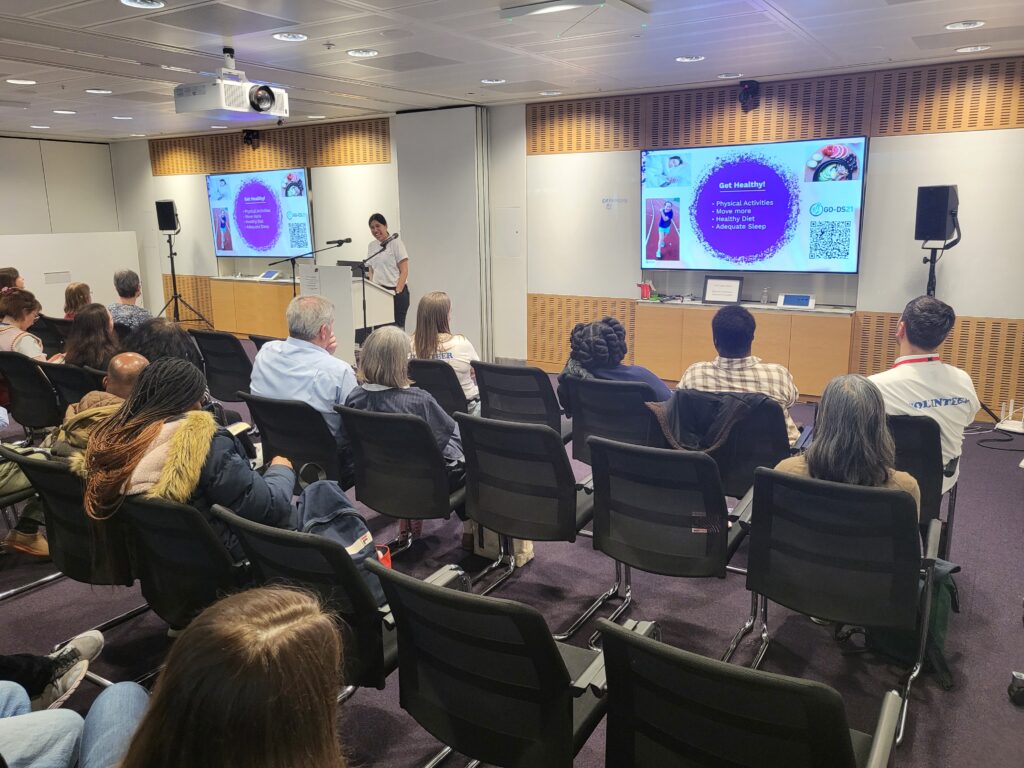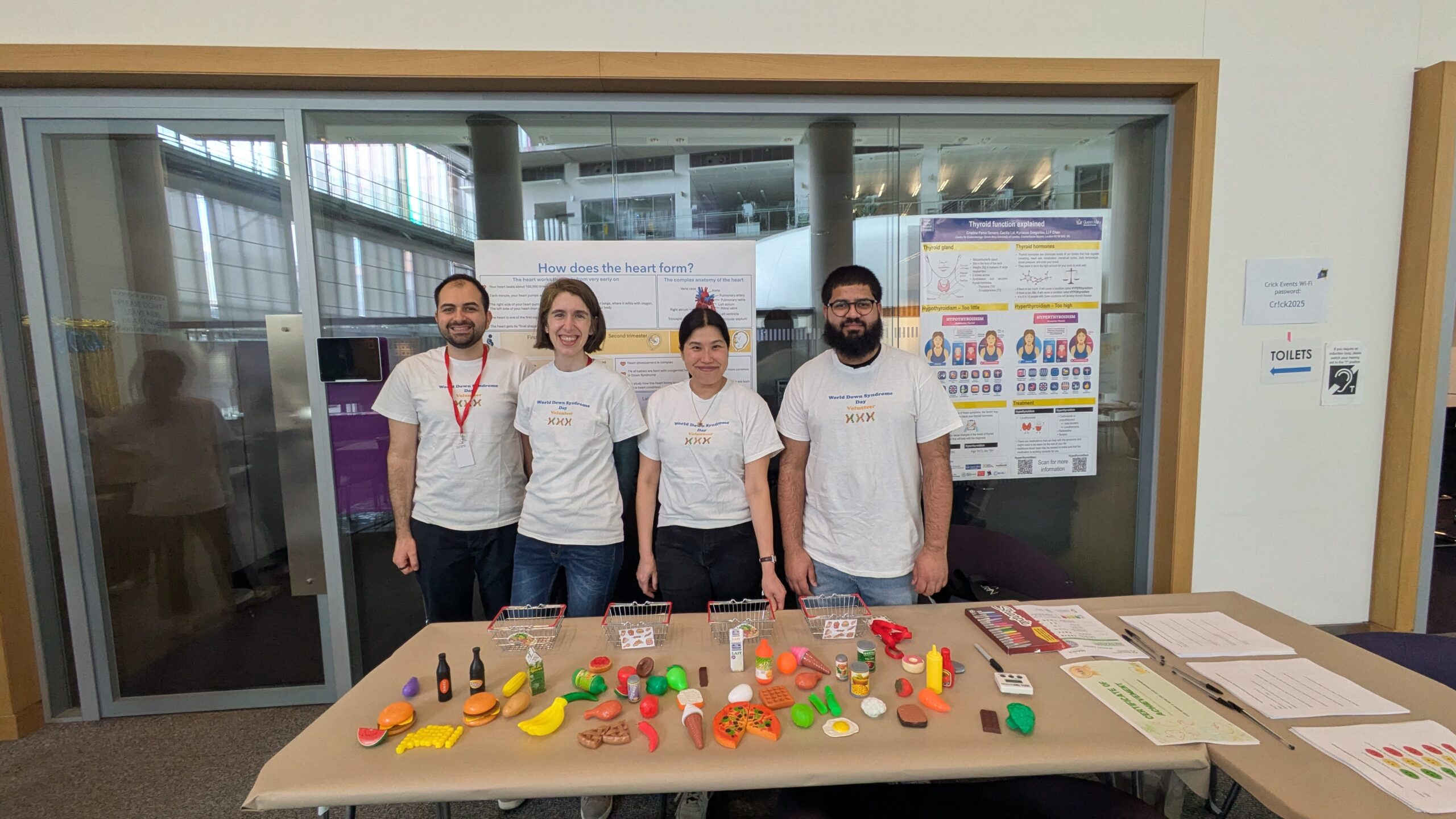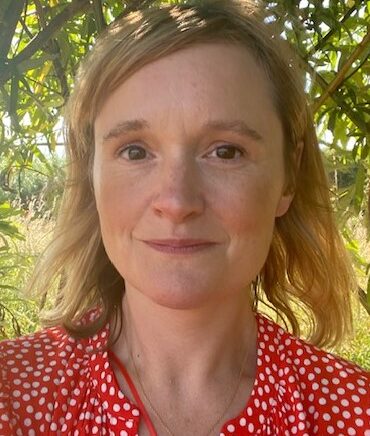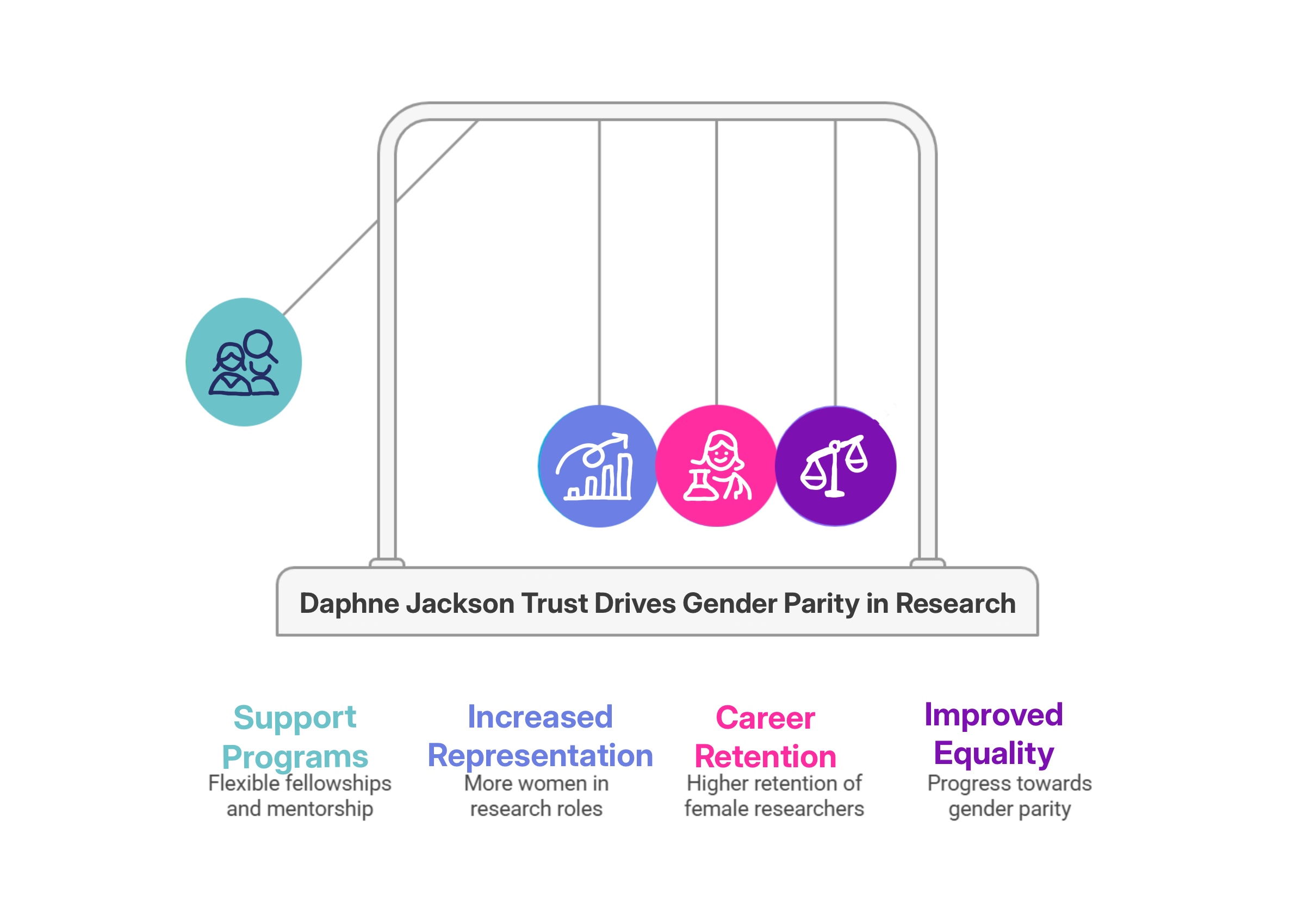
Dr. Cecilia Lai has always been fascinated by genetics. “These little molecules control so much; we’re all influenced by them.” With the help of a Royal Society funded Daphne Jackson Fellowship hosted by Queen Mary University of London (QMUL), Cecilia is able to return to a science career that she loves.
Cecilia completed her DPhil in genetics at Oxford University, published as first author of a Nature article, and undertook a series of postdoctoral positions at UCL and the Blizard Institute (QMUL). After the birth of her second child, she decided to take a break from research to focus on her family. Between childcare needs and the pandemic, her break stretched to ten years.
I missed science during my career break; it was almost like part of my identity was put in storage. There was no obvious way to meaningfully and regularly keep in touch with scientific developments while I was away, so I didn’t even think it was possible to return to science after that many years until I came across the Daphne Jackson Fellowships.”
Daphne Jackson Fellowships provided an unexpected route for Cecilia to return to her research career with funding from the Royal Society. “The Daphne Jackson Trust was wonderfully supportive from the very beginning. The application process was refreshingly different, with the Trust being an active ally on my side. Although having to write a fellowship proposal after a career break was no easy task, the Trust provided me with great advice and allowed me to have faith in my plan.”
Cecilia’s project, “Studying Genetic Predisposition Towards Obesity in Down Syndrome Using Polygenic Risk Scores” explores how common differences in the DNA between people affect the various health conditions faced by people with Down Syndrome. It seeks to uncover whether differences in DNA that affect health in the general population also play the same role in people with Down Syndrome.
Retraining is an essential part of this bioinformatics project. As technology had changed dramatically in the decade she was away from science, Cecilia had to learn new skills, including coding, from square one.
The support from the Trust didn’t end after I was awarded the fellowship. Daphne Jackson Fellows are encouraged to take up training for both research and professional skills. These opportunities allowed me to build competence and confidence in the first half of my fellowship. The fellows’ community is also invaluable for camaraderie!”
Cecilia has used Daphne Jackson funding to work collaboratively with colleagues and attend conferences, as well as giving back to the Downs Syndrome community. “I was part of the committee organising the World Down Syndrome Day celebrations. It was amazing meeting the research participants – it gave me another level of understanding to the meaning of the work we do.”


Are you interested in applying for a Daphne Jackson Fellowship? The Royal Society is a regular funder of Daphne Jackson Fellows who pursue the Regular Fellowship route.
“The Royal Society is a self-governing Fellowship of many of the world’s most distinguished scientists drawn from all areas of science, engineering, and medicine. The Society’s fundamental purpose, reflected in its founding Charters of the 1660s, is to recognise, promote, and support excellence in science and to encourage the development and use of science for the benefit of humanity.”
- Kirsty Callaghan, The Royal Society



